There are some steps that you can take to ensure you are healthy at the time of conception and throughout your pregnancy.
Before conception…
- Have a thorough medical check up. Check your rubella status (Rubella or German Measles can cause birth defects if contracted during pregnancy), and have your blood type tested.
- Stop smoking and drinking alcohol, preferably at least three months prior to conception.
- Have any necessary dental work done.
- Eat a healthy, balanced diet.
- Supplement with at least 800mcg of folic acid daily to reduce the foetal risk of spina bifida during pregnancy.
Organise good care
Once pregnant it is vital that you have the best of care from your doctor, obstetrician or midwife. Regular monthly visits will gradually become weekly towards the end of pregnancy. These pre-natal health checks ensure both you and your growing baby are healthy, and any potential problems are detected early.
Checks will include:
- Measuring the growth of the uterus and listening to the foetal heartbeat.
- Checking your blood pressure.
- Checking your weight, to see that weight gain is not excessive or inadequate.
- Checking your urine for signs of protein or sugar, which could indicate the development of pre-eclampsia or diabetes.
Listeria in pregnancy
Listeria is a common bug found in soil, water, plants, sewage and animal droppings. It is dangerous to pregnant women, especially in the latter half of pregnancy as it increases the risk of stillbirth or miscarriage. Listeria infection in the newborn is often fatal and can cause prematurity and many serious health problems. The listeria bug has been found on a wide range of foods at all stages of food preparation, from raw to well-cooked leftovers.
To minimise your risk of Listeria:
- Avoid uncooked seafoods, or chilled pre-cooked fish and seafood unless eaten hot.
- Avoid pate and deli meats such as pre-cooked chicken and ham. If you are reheating leftovers, cook them thoroughly until very hot.
- Avoid stored salads and coleslaws especially from a delicatessen or supermarket.
- Avoid cross-contamination between cooked and raw or uncooked foods.
- Avoid raw (unpasteurised) milk or foods made from raw milk.
Preventing problems during pregnancy
1. Exercise
Exercise throughout your pregnancy to help maintain a healthy weight and cardiovascular fitness. Studies show that pregnant women who exercise more regularly are more likely to carry their baby to term compared with women who exercise little. Check with your doctor before starting on a pregnancy exercise programme, and then choose from walking, swimming, stationary bike-riding, water aerobics or pregnancy yoga. Avoid any activity where there is a danger of falling, or trauma to the abdomen. That means no tennis, squash, skiing, bike-riding, horse-riding or jumping out of aeroplanes! Avoid exercise that involves deep knee bends, sit-ups (or any other exercise where you have to lie flat on your back, after the first trimester), or any bouncy, jerky movement. Also avoid becoming overheated. Always exercise in the cool of the early morning or evening in the summer. Wear a supportive bra and appropriate sports shoes and drink plenty of water during and after exercise.
2. Eat enough nutrients for two
Eat enough nutrients for two, but that doesn’t mean loading up on empty calories. Make sure that every mouthful you eat is crammed with nutrients for you and your growing baby. In order to gain the expected 10 to 12kg during your pregnancy you will only need to consume an additional 300 calories a day. Avoid refined and processed foods, instead choosing from a wide range of “whole foods”. Fresh fruits and vegetables provide antioxidant nutrients and folate; wholegrains, nuts and seeds are a good source of minerals, zinc and B nutrients. Complex carbohydrates from wholegrain bread, cereals, rice and starchy vegetables will give you much needed energy. Meet your increased protein requirements by eating more fish (but not large fish like tuna as they are more likely to be contaminated with mercury), chicken, red meat (for additional iron), eggs and low-fat dairy products. Supplementing with a multivitamin and mineral formula designed for pregnancy will help you meet your extra nutritional requirements.
3. Banish drugs!
During pregnancy (and in the months prior to conception) it is vital that you stay away from all potentially toxic drugs including cigarettes, alcohol, marijuana and other social drugs. Smoking puts your baby at significantly greater risk of a premature birth, low birthweight or stillbirth. After birth, babies of smokers are more at risk of asthma, respiratory infections and Sudden Infant Death Syndrome. Second-hand smoke is also dangerous so if your partner smokes, make sure that he never smokes in the house, car, or around you.
4. On the subject of alcohol
There is no safe level of alcohol consumption during pregnancy. Alcohol rapidly enters the mother’s bloodstream and passes through the placenta to the foetus. Alcohol during pregnancy can cause Foetal Alcohol Syndrome with resulting facial abnormalities and mental retardation in the offspring.
5. More to avoid
During pregnancy avoid all non-essential x-rays as the radiation can cause foetal abnormalities. Also avoid hot tubs and hot saunas, and ensure that your bathwater is warm rather than hot to avoid over-heating the foetus. Try to avoid using chemicals in the home or garden. Swap to safety-conscious low toxicity cleaning products and personal care products. Cat litter and raw meat can contain a parasite called toxoplasmosa gondii which can cause toxoplasmosis infection, leading to serious illness or death of the foetus. If you have a cat, always get someone else to change the litter box during pregnancy.






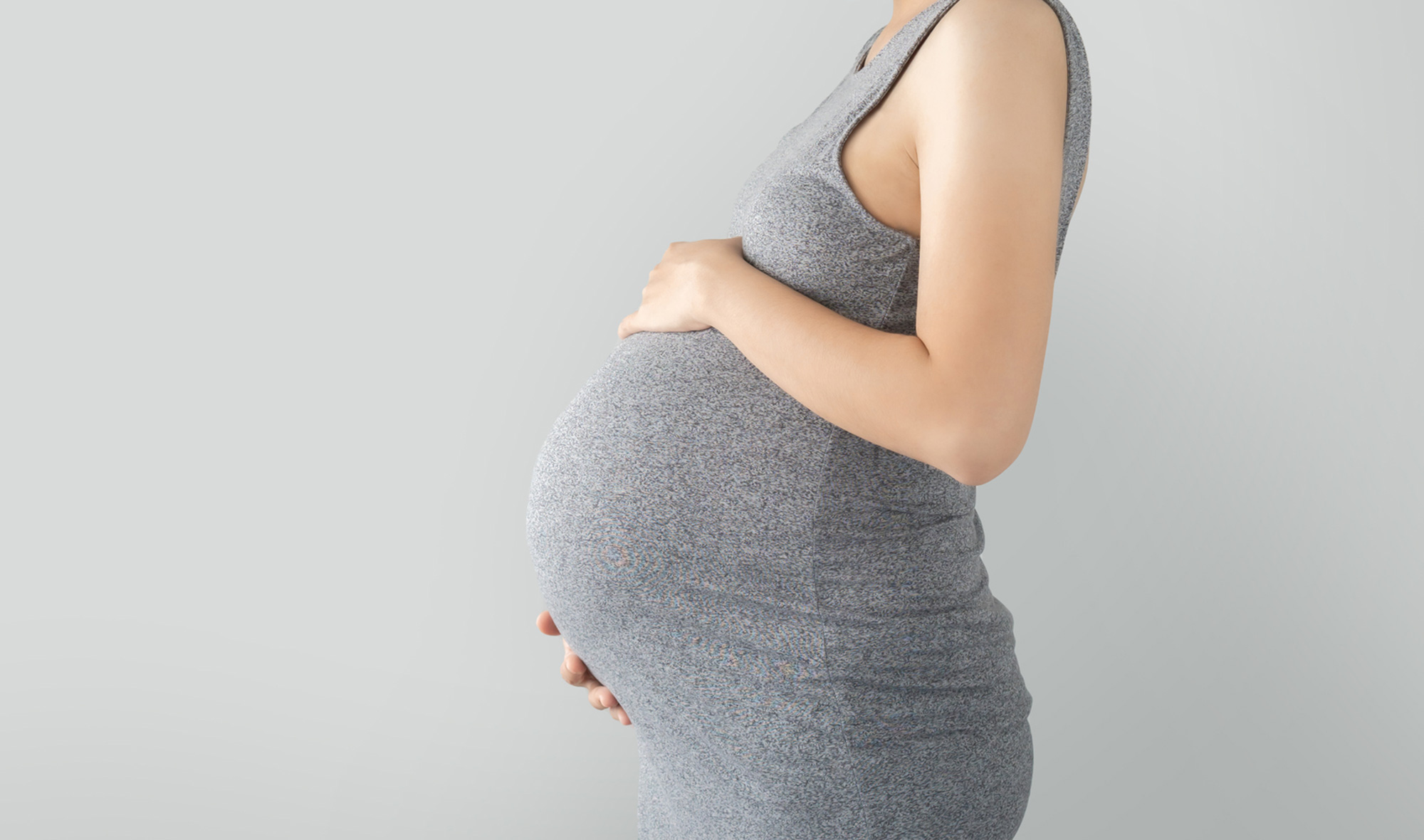


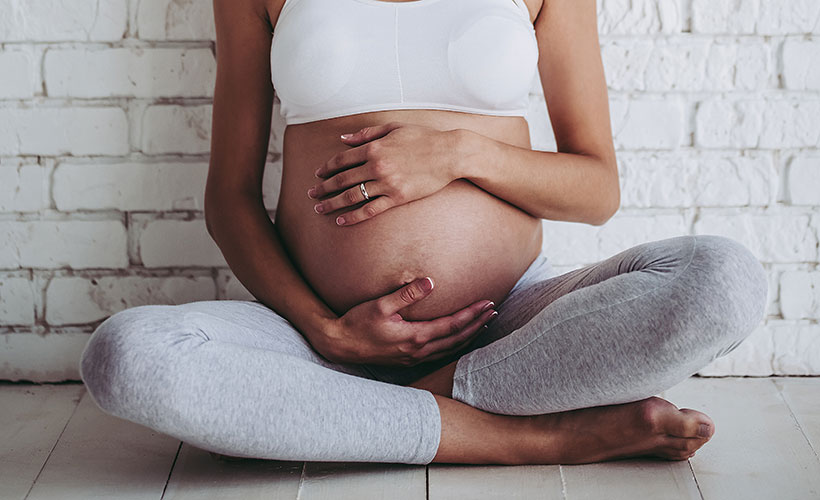



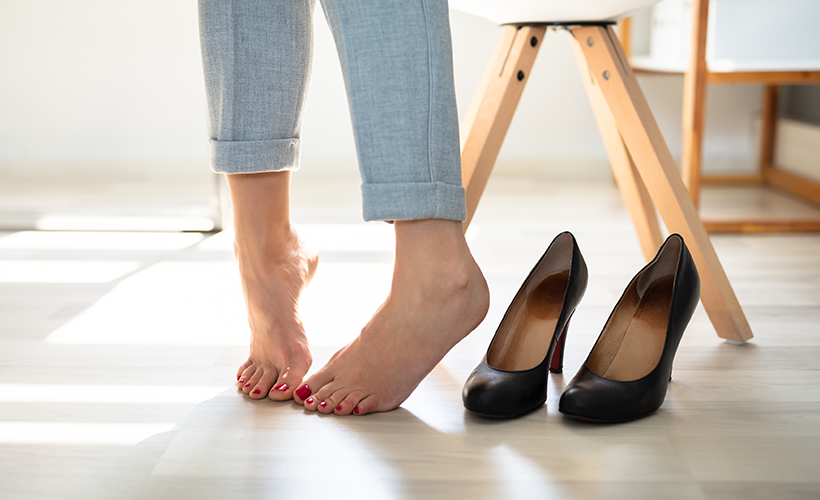
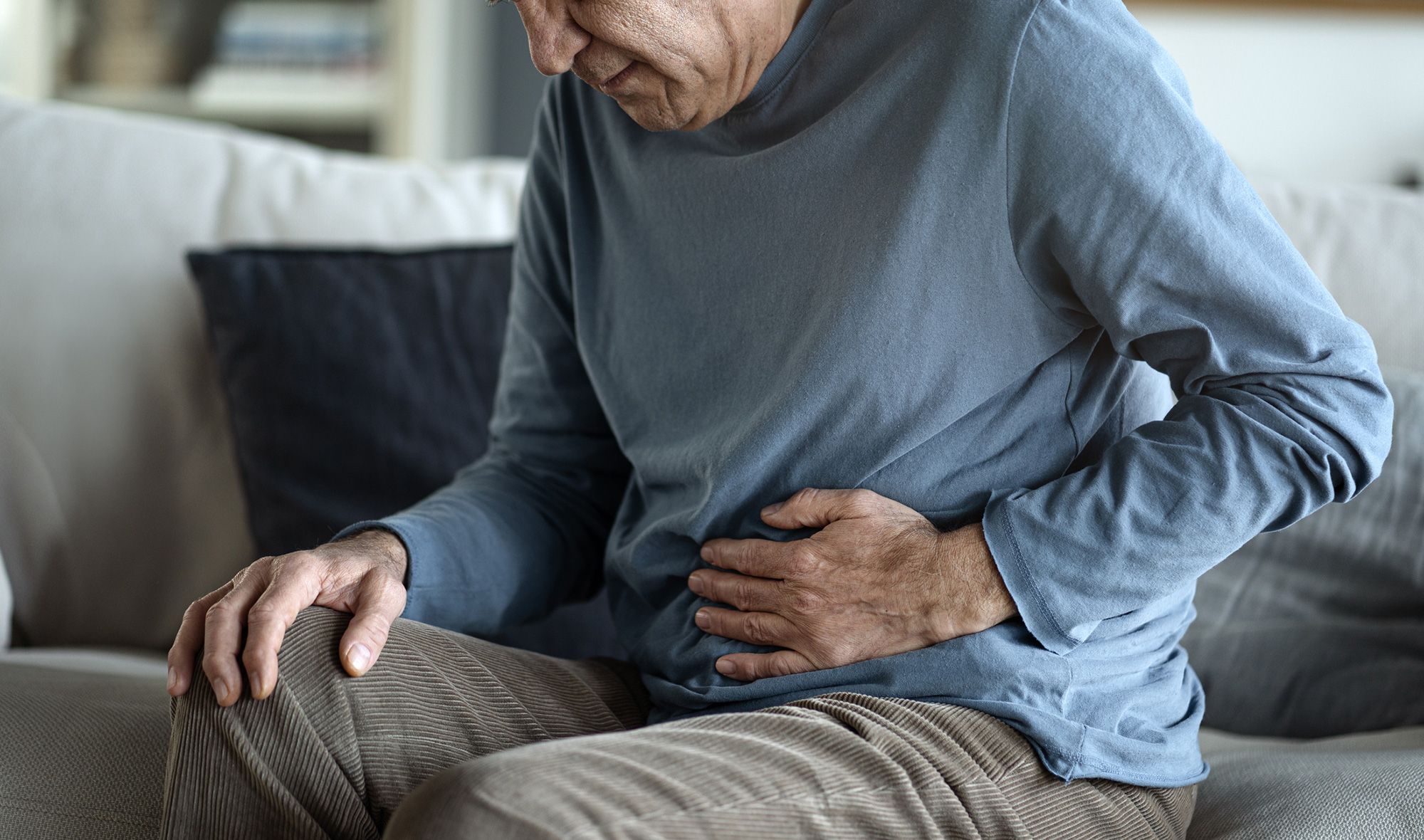
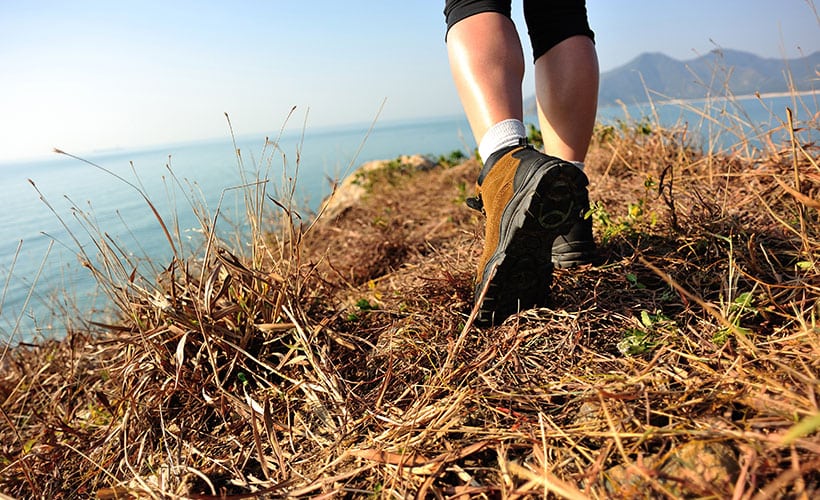

Community